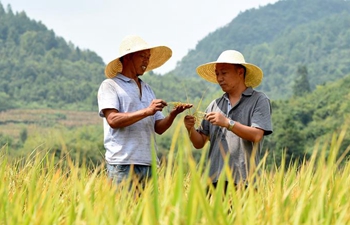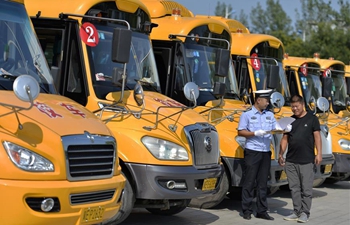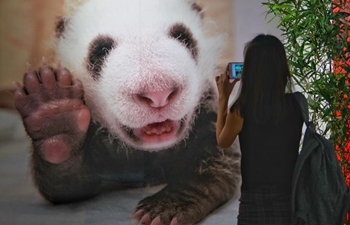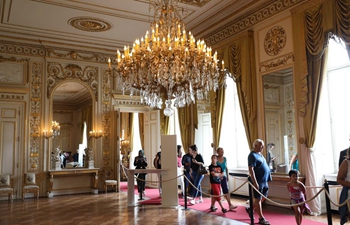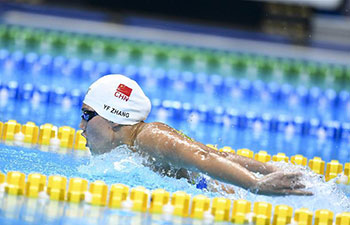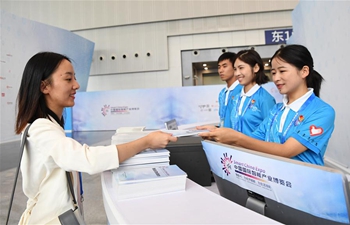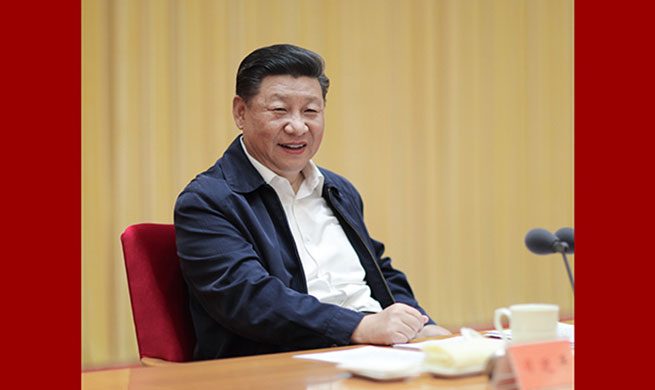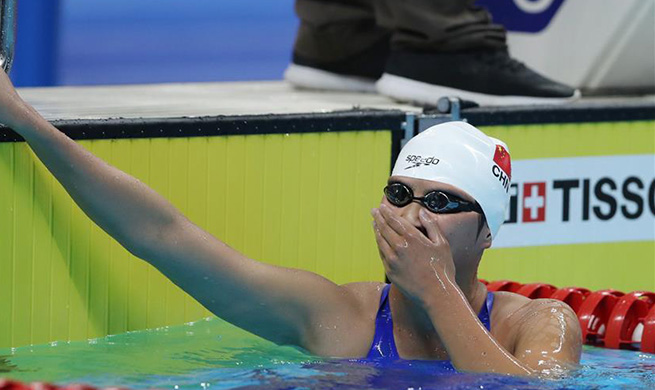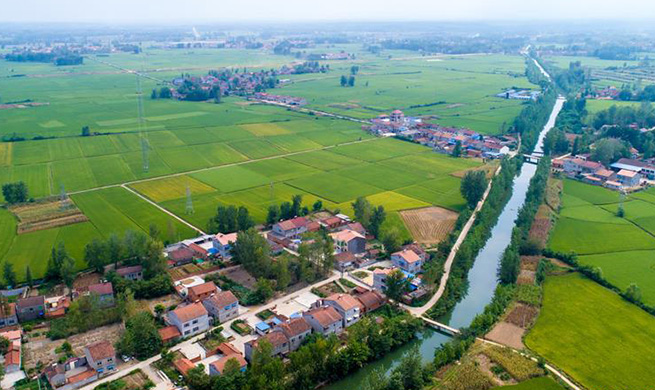JUBA, Aug. 23 (Xinhua) -- The South Sudanese army and the main rebel group are trading blame for the renewed fighting that erupted in the northern parts of the country earlier this week.
The Sudan People's Liberation Army (SPLA) and the rebel group SPLA-in Opposition (IO) led by former first deputy president Riek Machar on Thursday renewed counter accusations of truce violation in the former Unity State.
South Sudan's warring factions on Aug. 5 signed a new power sharing and cease-fire deal in the Sudanese capital of Khartoum aimed at ending five years of civil war.
The foes in the country's civil war had previously violated several cease-fires brokered by the Intergovernmental Authority on Development (IGAD), an East African regional bloc since the conflict erupted in December 2013.
SPLA military Spokesman Lul Ruai Koang told media that rebels allied to the SPLA-IO attacked two government control areas in northern Liech state on Tuesday killing four SPLA forces and injuring scores.
Koang called on the peace monitor, the Ceasefire and Transitional Security Arrangements Monitoring Mechanism (CTSAMM), to investigate the alleged truce violation.
"The opposition forces on 21 attacked our position in two areas of Northern Liech state, we lost four service men and nine of the attackers were killed. That was a serious violation of the ceasefire," Koang said.
"We urge CTSAMM to visit the area where the attack took place so that they know who was on the wrong side," he added.
Lam Paul Gabriel, SPLA-IO deputy military spokesperson, denied the government accusations, accusing the government of trying to dismantle opposition forces from their cantonment areas before the final signing of the peace agreement.
"That is a baseless accusation. They are just trying to cover up their aggregation because whenever we try to open up our cantonment sites, they try to disorganize our forces," Lam said.
South Sudan has been embroiled in over four years of conflict that has taken a devastating toll on the people, creating one of the fastest growing refugee crisis in the world.
A peace deal signed in August 2015 between the rival leaders under UN pressure led to the establishment of a transitional unity government in April, but was shattered by renewed fighting in July 2016.
The warring factions are continuing with talks on outstanding issues before a final peace deal could be signed.
